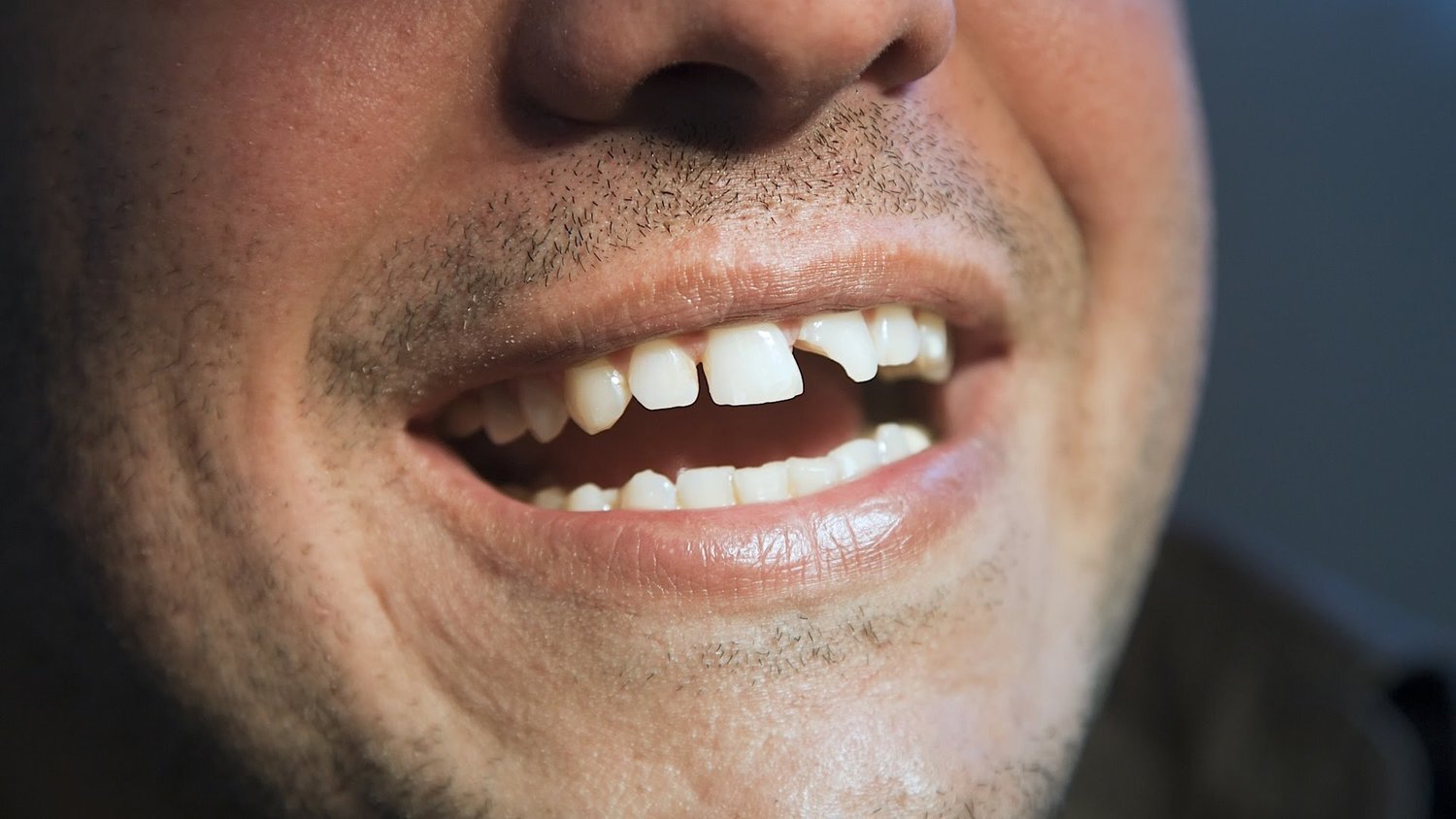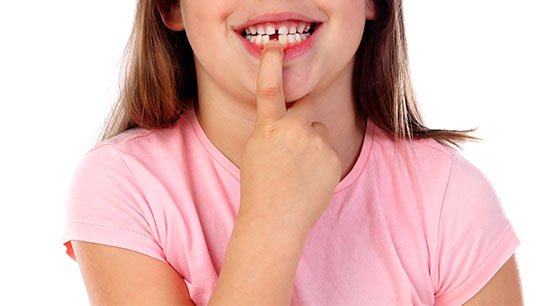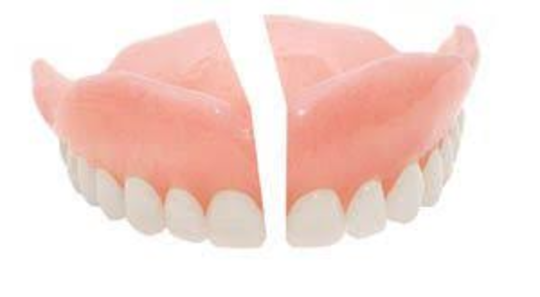
What should I do in a dental emergency?
Please contact our practice immediately and we will arrange to see you as quickly and conveniently as possible – call us on (03) 9850 1933
Toothache
A persistent toothache is often a sign of a problem with one of your teeth. As such you should see a dentist as soon as possible. In the meantime, keep your teeth and gums as clean as possible, and rinse your mouth frequently to remove any food debris in the area.
Pain relief such as Ibuprofen or Paracetamol can be taken at the recommended dosage in accordance with the instructions.

Swelling

Facial or oral swelling is usually caused by an infection and requires immediate treatment. Rinsing with warm salt water can help to relieve some of the pressure and discomfort, and pain medication can be taken for short-term relief of pain.
However, it is important that you seek prompt professional advice from one of our experienced dentists, who will be able to provide the appropriate treatment.
Broken tooth
A fractured tooth can be very uncomfortable and we understand it can be very embarrassing in social situations. As such, we will make every effort to see you as soon as possible to repair your tooth.
In the meantime, avoid any food or drink that causes you discomfort, and rinse your mouth with water to remove any food debris.
Pain relief such as Ibuprofen or Paracetamol can be taken in accordance with the recommended dosage.
Fractured teeth can usually be restored with a resin filling, however some teeth will require a more permanent restoration such as a crown.

Knocked out tooth

If the tooth is dirty, rinse the tooth in milk, holding it by the crown (not the root). If milk is not available, use water, rinsing for a few seconds only, or have the patient suck it clean, then place the tooth back in the socket.
Do not scrape the tooth root as the cells on the root are very important to ensure proper reintegration of the tooth.
If the tooth cannot be replaced in the socket, wrap it in cling film or place it in milk or in the patient’s mouth (inside the cheek).
You may contact us for further advice, but be sure to seek immediate treatment, as time is critical for successful replanting, ideally within 30 minutes.
Broken denture
If your denture breaks, please place all the pieces in a clean plastic bag or container with a small amount of water and bring it to our practice for repair.
Do not attempt to repair the denture with any type of superglue as this could jeopardise a successful repair and most adhesives are toxic if swallowed.
Call us as soon as possible to arrange the repair.

Objects wedged between the teeth

If you find you have something stuck between your teeth, try to remove the object with dental floss, an interdental cleaner (TePe or Pikster brush) or a wooden tooth pick.
Guide the floss or pick in between your teeth carefully so as not to damage the gums.
If you are unsuccessful, please call the practice for emergency advice and treatment.
Broken jaw
If there is concern that you may have a broken jaw, you need to be seen by an oral surgeon or doctor at the nearest emergency hospital.
Apply ice immediately to the jaw to help control any pain or swelling.
If possible, try not to move your jaw, and do not eat or drink prior to being seen by the doctor or oral surgeon.
For all emergency appointments, please call (03) 9850 1933 and we will endeavor to see you as soon as possible.



